A Ukrainian family who fled to Aberdeenshire have to find around £20,000 to pay for treatment for their disabled daughter which she got for free in their war-torn homeland.
Yelyzaveta Nazarova – known as Elizabeth in English – found safety in Aberchirder, near Huntly, with her husband Vitalii and twin daughters Zlata and Zoriana in November.
The girls are now two years old but the family is caught between the horrors of war and a relentless fight to save Zlata from a lifetime in a wheelchair.
The NHS says it will not provide her with Bobath therapy, used to help mobility in children with cerebral palsy.
It is offered free and on a regular basis in Ukraine but in Scotland health chiefs say they will only provide Zlata with weekly play sessions.
The family had no access to a walker or stander when they first arrived so had to make use of homemade equipment created by a friend.
By the time a proper one had been provided, they had waited so long that Zlata had outgrown the special splints for her feet and had to wait another four months.
Zlata is also supposed to have an MRI scan every three to four months to monitor her hydrocephalus – a neurological disorder caused by an abnormal build-up of cerebrospinal fluid.
Her parents say this has never been done in the almost full year they have lived in Aberdeenshire.
Grateful but desperately worried
Yelyzaveta and Vitalii are grateful for the help they have received but are worried for their daughter after doctors found her condition has regressed.
Tests in July showed her motor function dropped from “level two” while in Ukraine to “level four” – the second worst classification and a strong indication that unless she gets the help she needs Zlata will likely never walk.
“Zlata’s condition is worsening and time is running out – we need to secure the specialised treatment she desperately requires,” Yelyzaveta said.
“The NHS has provided equipment and basic care but their rehabilitation services are not enough – essentially just play sessions with Zlata once every week or two.
“Zlata cannot walk, crawl, or feed herself, and the only thing she has left is a big smile and a deep gratitude for life.”
Family’s torment after traumatic escape
Yelyzaveta was a professional circus artist in the National Circus of Ukraine in Kyiv, while her 39-year-old husband worked in real estate.
The couple were forced to flee to Lviv, near the Polish border, in February 2022 after a rocket exploded outside their apartment building.
It was in Lviv where Yelyzaveta gave birth to Zlata and Zoriana at just 30 weeks.
Zlata suffered a stroke shortly after the birth, which resulted in eight cysts and significant brain damage.
The couple secured a place for her at a clinic in London but costs for next year alone are estimated to be around £20,000.
They have now set up the website helpzlata.co.uk to raise funds for her treatment.
Their host in Scotland, Georgia Stuart, has been struggling to find them a place to live in London and has been writing to officials about the possibility of transferring sponsorship to another host under the Homes for Ukraine scheme.
Georgia said: “I wasn’t expecting to be involved in this final transfer process when I became a sponsor. I thought the government would help more.”
Incredibly, this is the second time the host has had a family who couldn’t get the right help while in Scotland.
We reported previously that a mother and daughter who stayed with Georgia were forced to return to Ukraine rather than wait four months for NHS dental treatment.
Meanwhile, Yelyzaveta’s mother Liudmyla flew back to Ukraine in June for emergency surgery after being left on a long waiting list for diagnostic tests in Scotland.
North East MSP Michael Marra wrote to First Minister John Swinney demanding answers.
‘Promise of a better life’
Mr Marra said: “The first minister should reflect on the lessons of Zlata’s case for the perilous state of our NHS but first and foremost he should act to try and make good on the promise of a better life we made as a country to our Ukrainian brothers and sisters.”
NHS Grampian said it cannot comment on individual cases.
A spokesman added: “Speaking generally, treatments and therapies provided to patients are required to have good clinical evidence of efficacy.
“When a patient does make direct contact with us, we are more than willing to discuss their case with them – including their diagnosis, treatment and any further care they received.”
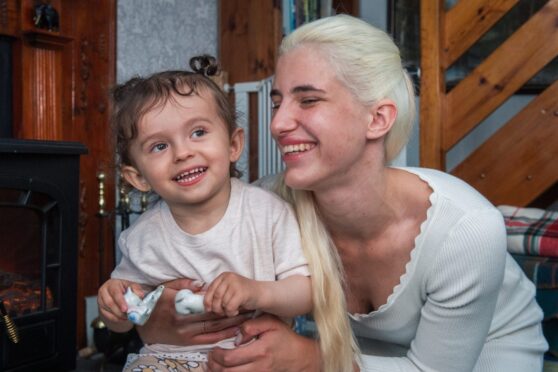
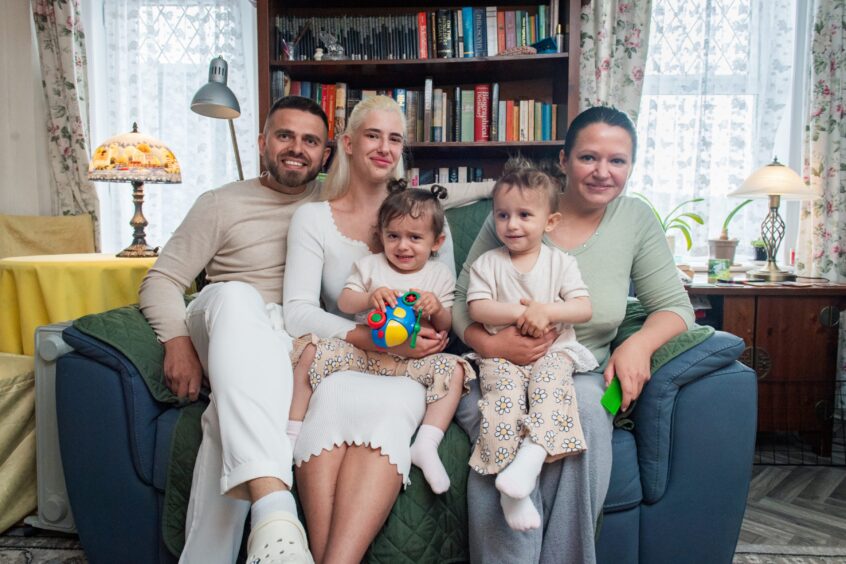
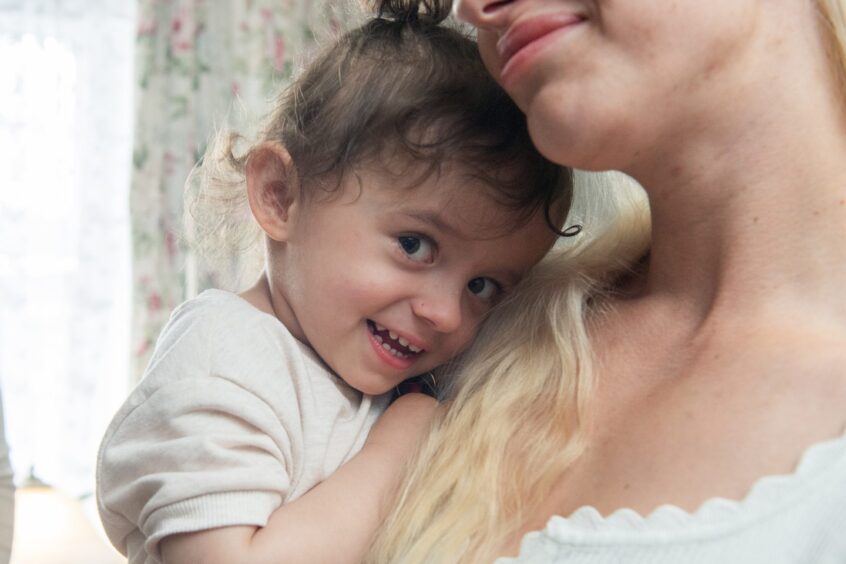
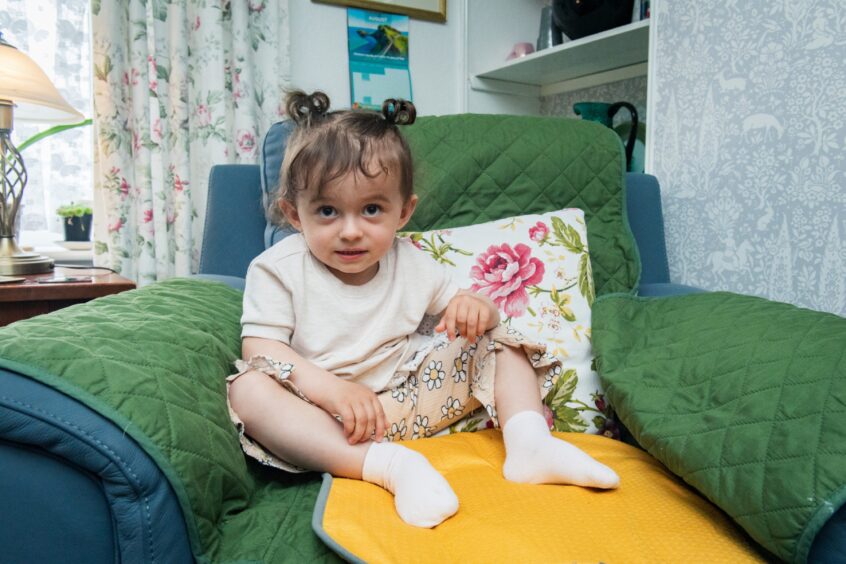
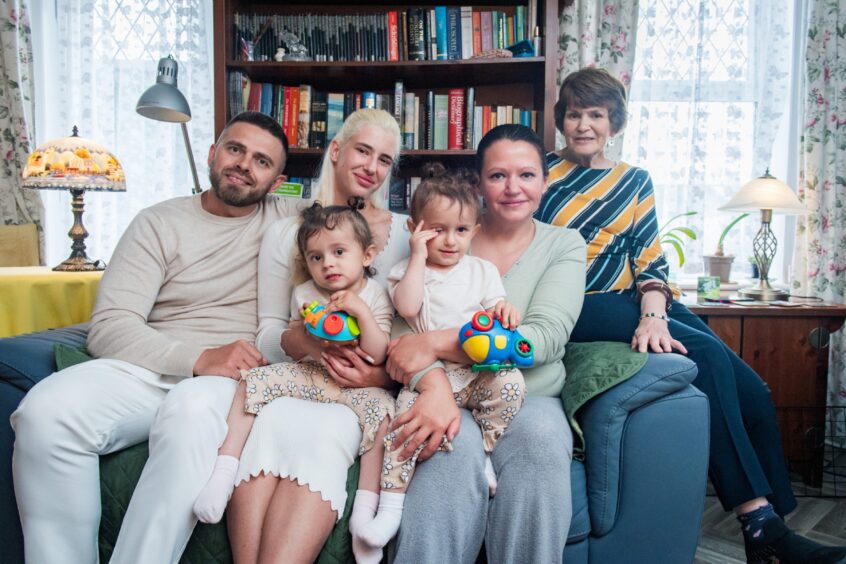
Conversation